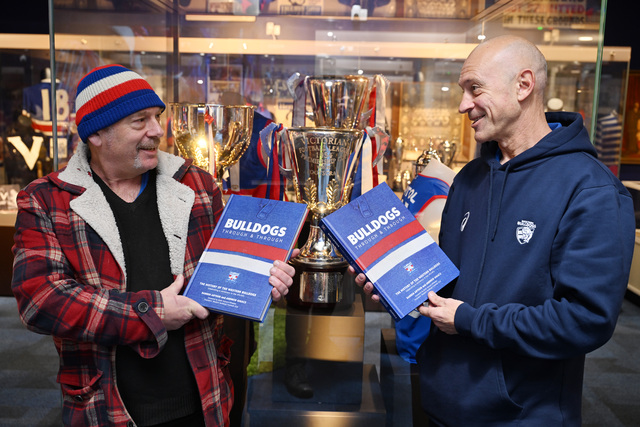A COMMUTER ferry service from Werribee to the CBD with stops at Altona and Williamstown could be fraught with the same logistical hurdles identified by a study four years ago, Transport Department documents reveal.
Internal correspondence obtained under freedom of information shows advice on the feasibility of a ferry service will be based on a 2008 study that concluded it was not financially or practically viable. A department briefing lists slow travel times, choppy conditions, low demand, cost blowouts and the need for government subsidy as obstacles.
But Planning Minister Matthew Guy said the scope of the new study was not the same and he expected a different result.
“The government’s study of ferries for the western suburbs to Docklands has never been examined before and we will be keen to see under what circumstances it may work, and what pressures it may take off the commute to the city for outer west residents.”
In May, Mr Guy announced the government would investigate the possibility of a Sydney-style commuter ferry for the western suburbs. He said the service would be run by a private company, with stops at Werribee South, Point Cook, Altona and Williamstown before finishing at the Docklands or a terminal near Flinders Street station.
Under the $300,000 study’s terms of reference, the service would be viable only if trips took less than an hour, had reasonable ticket prices and could attract enough passengers.
The 2008 study conducted by Maunsell AECOM for the Transport Department investigated the possibility of a ferry from Geelong to the Docklands, stopping at Werribee South. It found a direct trip from Geelong would take 48 minutes longer than rail and revenue would barely cover a third of operating costs. Demand for a ferry service was also low.
An internal email from Transport Department head of policy Michael Hopkins stated many issues raised in the report into a Geelong-Melbourne ferry also applied to shorter services. It said interest in ferries was usually from tourism operators rather than public transport providers. A draft report is expected to be presented to Parliament by December.






